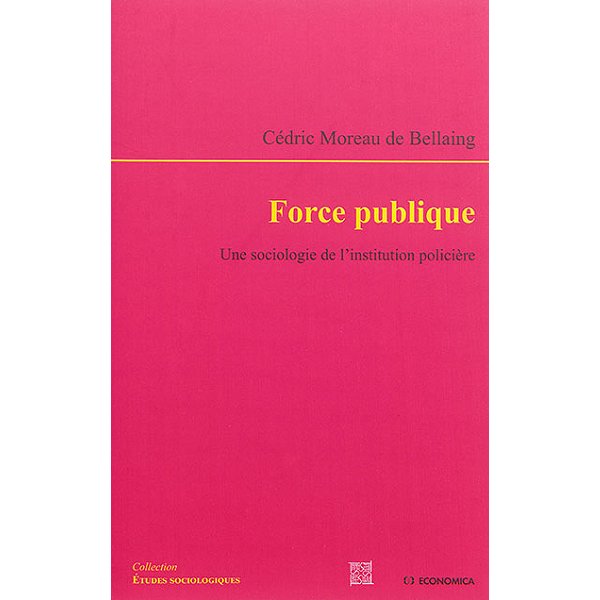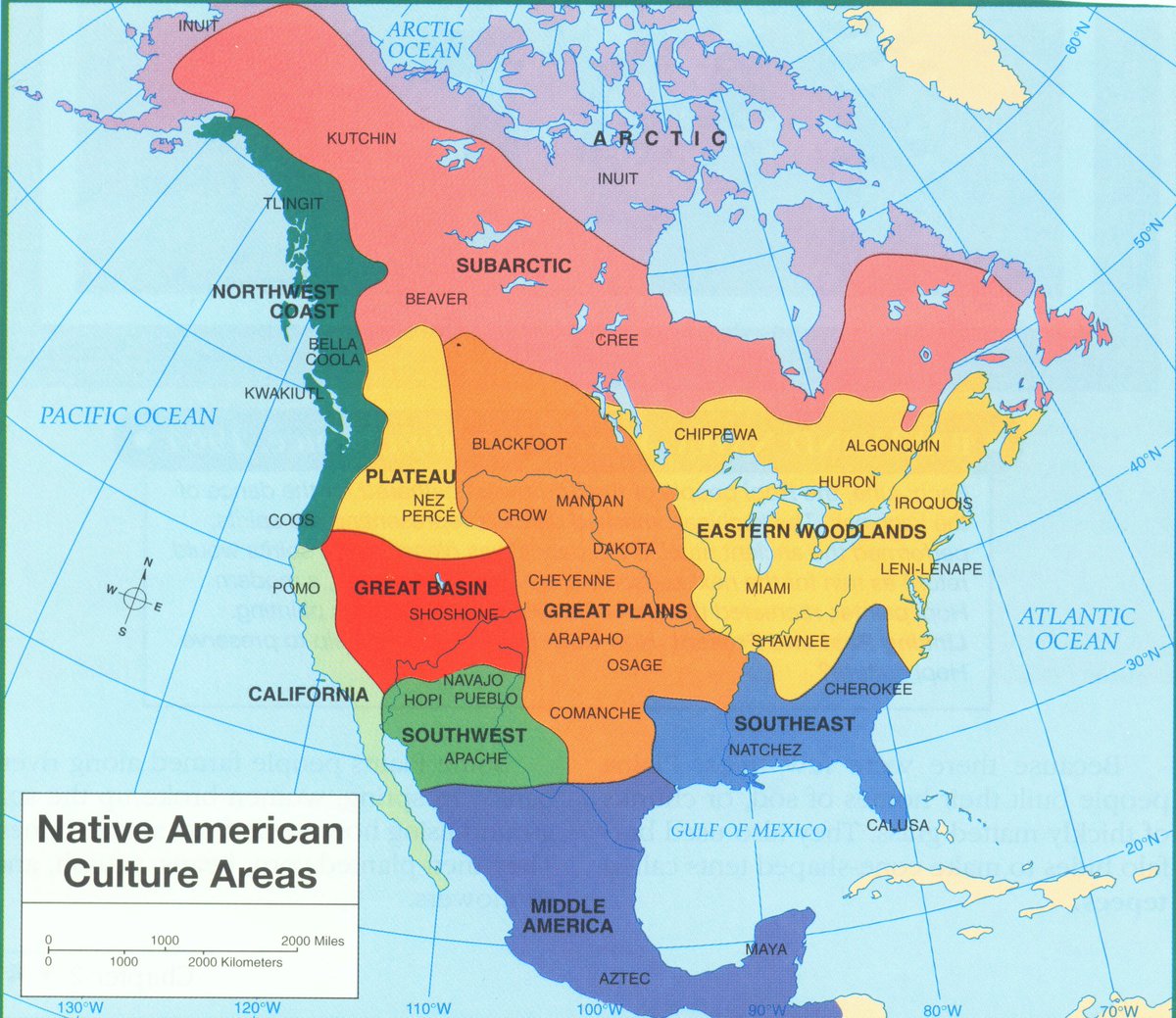If two baptized Protestants get married on horseback in Vegas, the Church presumes they have a sacrament.
(for simplicity, I am only referring to the Latin Church.)
not true and valid marriages and that the parents have the power to validate or
invalidate them: let him be anathema. However, the Church prohibited
such matrimonies for good and reasonable causes."
Just like the imposition of the requirement for canonical form was at the Council of Trent.
And this isn't progressive, it's actually super-traddy, b/c it's pre-Trent.
salus animarum suprema lex est.







